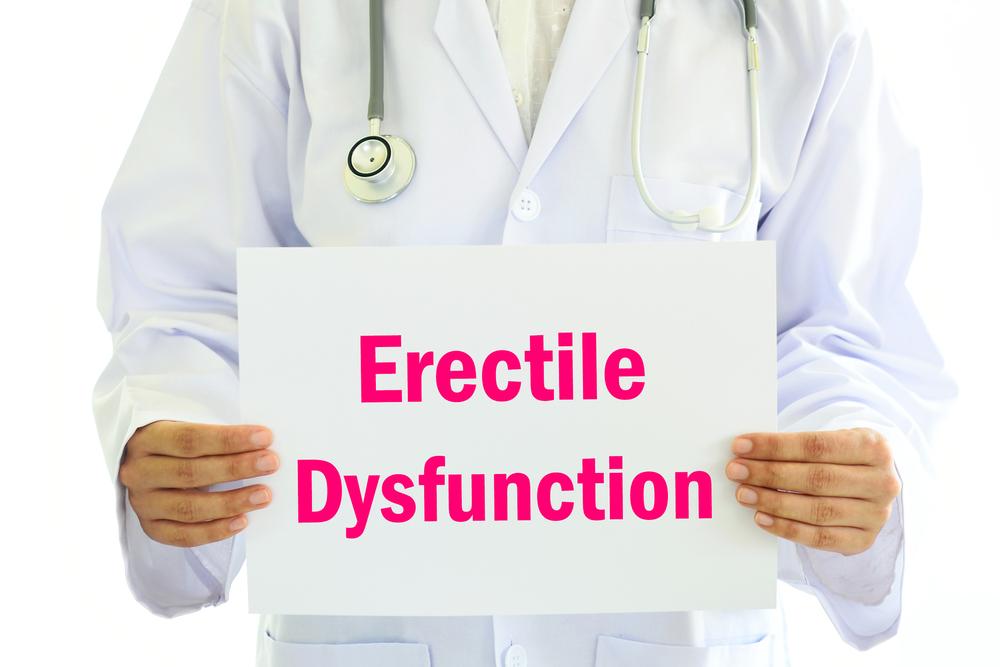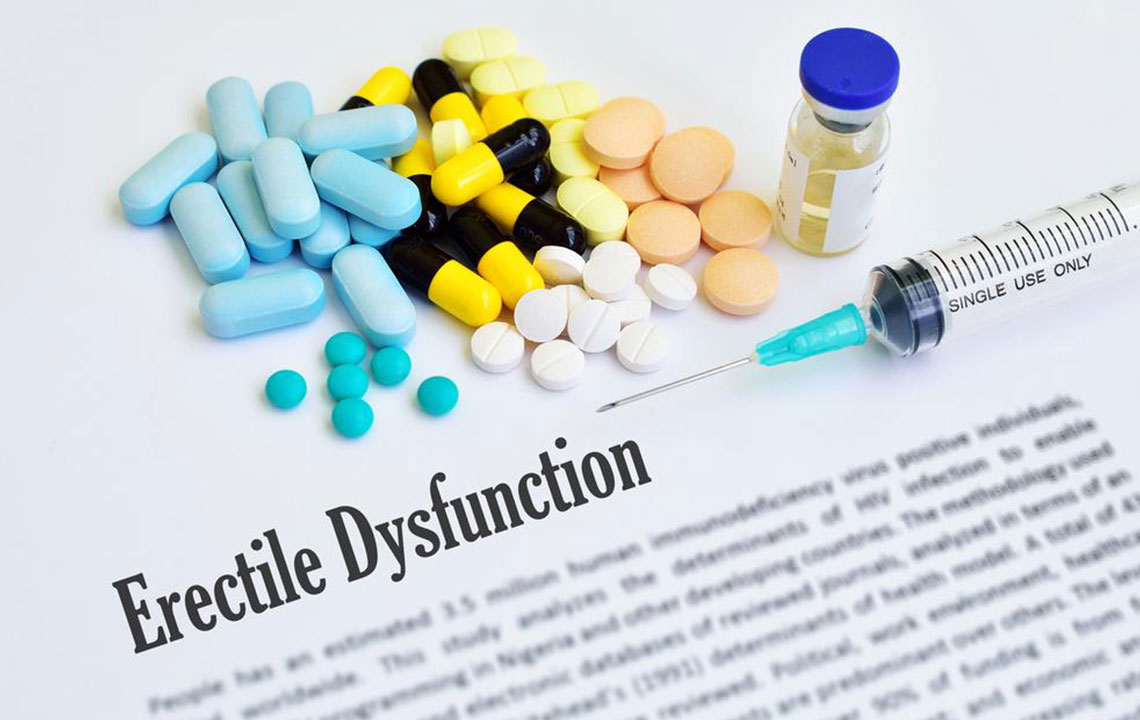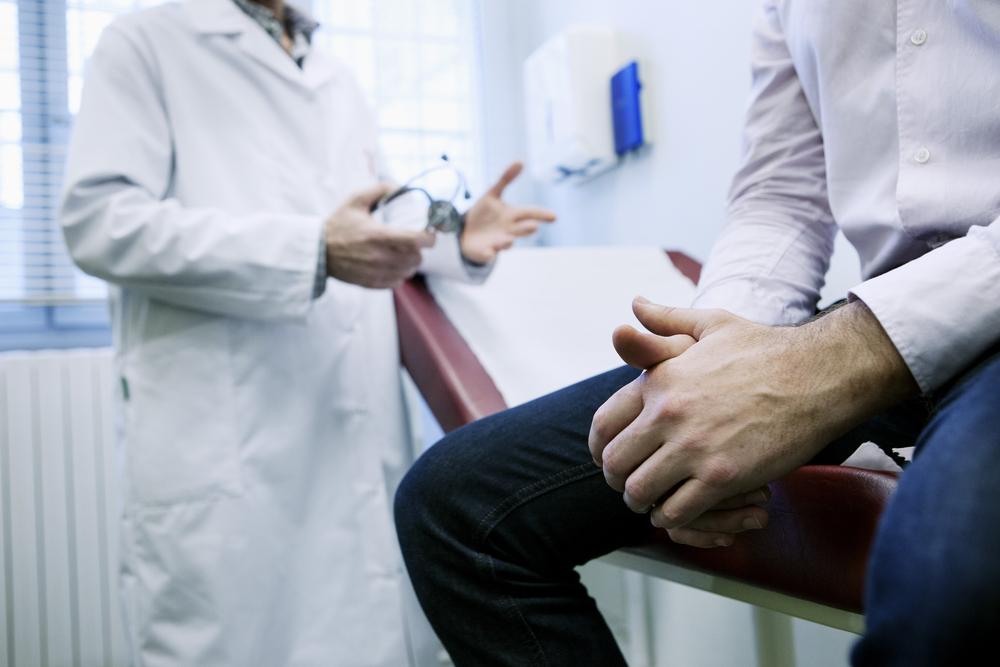Comprehensive Guide to Male Erectile Dysfunction: Causes, Treatments, and Support
Erectile dysfunction (ED) affects millions, with causes ranging from physical health issues to psychological factors. This comprehensive guide discusses symptoms, causes, diagnosis, and various treatment options, including lifestyle modifications, medications, and surgical interventions. Addressing ED early through open communication with healthcare providers can significantly improve quality of life. Learn how personalized treatment plans and mental health support can help men regain their confidence and enjoy a healthy sexual life.

Comprehensive Guide to Male Erectile Dysfunction: Causes, Treatments, and Support
Male erectile dysfunction (ED), commonly known as impotence, is a prevalent condition affecting millions of men worldwide. It is characterized by the persistent inability to achieve or sustain an erection suitable for sexual intercourse. This condition can significantly impact a man's self-esteem, relationships, and overall quality of life. Despite its commonality, many men feel reluctant to discuss ED due to feelings of embarrassment or stigma. Understanding the underlying causes, available treatment options, and the importance of open communication can empower men to seek help and improve their sexual health.
In the United States alone, estimates suggest that over 30 million men are affected by erectile dysfunction. The prevalence increases with age, with nearly half of men over the age of 75 experiencing symptoms of ED. The discovery of Viagra in the late 20th century, initially developed as a treatment for heart conditions, revolutionized the approach to managing erectile issues and brought widespread awareness to this medical concern.
While age is a significant factor, ED is not solely an inevitable part of aging. It can result from various physical, psychological, and lifestyle factors. Recognizing the signs of ED early on and understanding the potential causes are crucial steps toward effective management and treatment.
Common signs that may indicate erectile dysfunction include:
Difficulty achieving an erection despite sexual arousal
Inconsistent or short-lived erections that do not allow for satisfactory sexual activity
Lack of sexual desire or decreased libido
Psychological stress or anxiety related to sexual performance
Understanding and addressing these symptoms promptly can lead to more effective treatment and improved confidence. The causes of ED are often a combination of physical and psychological factors, making a comprehensive evaluation essential for successful management.
Causes of Erectile Dysfunction
The physical causes of ED are many and varied, often involving underlying health issues. Some common physical causes include:
Cardiovascular diseases such as hypertension, atherosclerosis, or heart disease impair blood flow to the penis
Diabetes mellitus can damage nerves and blood vessels vital for achieving an erection
Hormonal imbalances, particularly low testosterone levels
Obesity and metabolic syndrome increase the risk of ED
Neurological conditions such as multiple sclerosis or Parkinson's disease
Certain medications for depression, anxiety, or hypertension
Substance abuse, including excessive alcohol consumption and recreational drugs
Psychological factors also play a vital role in ED. Stress, anxiety, depression, and relationship issues can interfere with sexual arousal and performance. Emotional wellbeing is intertwined with physical health, emphasizing the need for a holistic approach to treatment.
Diagnosis and Medical Evaluation
If experiencing symptoms of ED, consulting a healthcare provider is essential. The doctor will perform a thorough medical history, physical examination, and possibly laboratory tests to determine underlying causes. These may include blood tests to check hormone levels, blood sugar, lipid profile, and cardiovascular health. Sometimes, additional testing such as penile Doppler ultrasound or psychological assessment may be necessary.
Treatment Options for Male Erectile Dysfunction
Effective management of ED involves tailored strategies based on individual health status, the severity of symptoms, and underlying causes. Treatment options range from lifestyle modifications to advanced medical procedures.
1. Lifestyle Changes
Adopting healthier habits can significantly improve erectile function. These include maintaining a balanced diet, engaging in regular physical activity, quitting smoking, limiting alcohol intake, and managing stress. Weight loss, in particular, can enhance blood flow and hormonal balance, reducing ED symptoms.
2. Oral Medications
Pharmacological therapies are often the first line of treatment. Drugs like Sildenafil (Viagra), Tadalafil (Cialis), Vardenafil (Levitra), and Avanafil (Stendra) work by increasing nitric oxide levels, relaxing the smooth muscles in the penis, and facilitating blood flow upon sexual arousal. These medications are generally effective but require proper medical guidance to prevent adverse effects and interactions.
3. Psychological Counseling
If psychological factors such as anxiety, depression, or relationship conflicts contribute to ED, counseling or therapy can be beneficial. Addressing mental health issues can restore confidence and improve sexual performance.
4. Vacuum Erection Devices
Mechanical devices that create a vacuum around the penis induce an erection by drawing blood into the penile tissues. A constriction ring is often placed at the base to maintain the erection.
5. Penile Implants
For cases where other treatments fail, surgical options such as penile prostheses may be recommended. These devices are implanted discreetly to provide a permanent solution and restore natural function.
6. Hormone Therapy
If low testosterone levels are identified, hormone replacement therapy might be considered as part of the treatment plan.
Supporting Effective Treatment and Improving Outcomes
Open communication with one's partner and healthcare provider is critical. Expressing concerns and discussing treatment options foster mutual understanding and reduce anxiety. Additionally, managing stress, mental health, and lifestyle factors can enhance treatment effectiveness.
It is essential to approach ED holistically, recognizing that physical and psychological factors often interplay. Seeking professional guidance early can improve the chances of successful management and restore sexual confidence.





